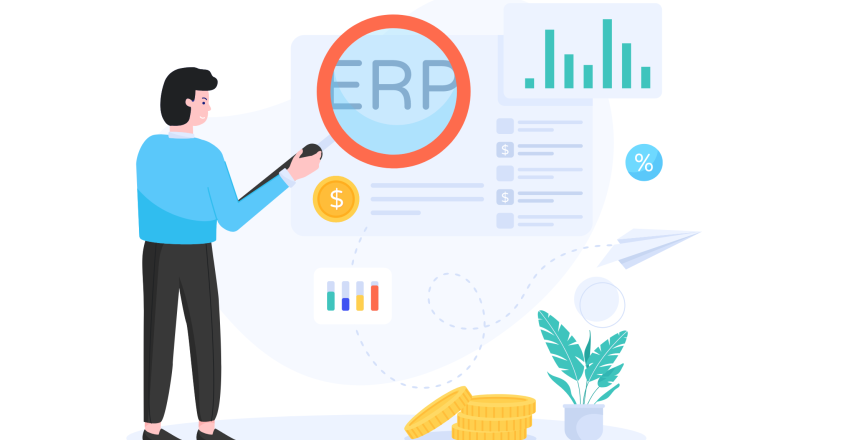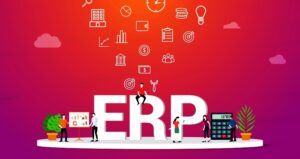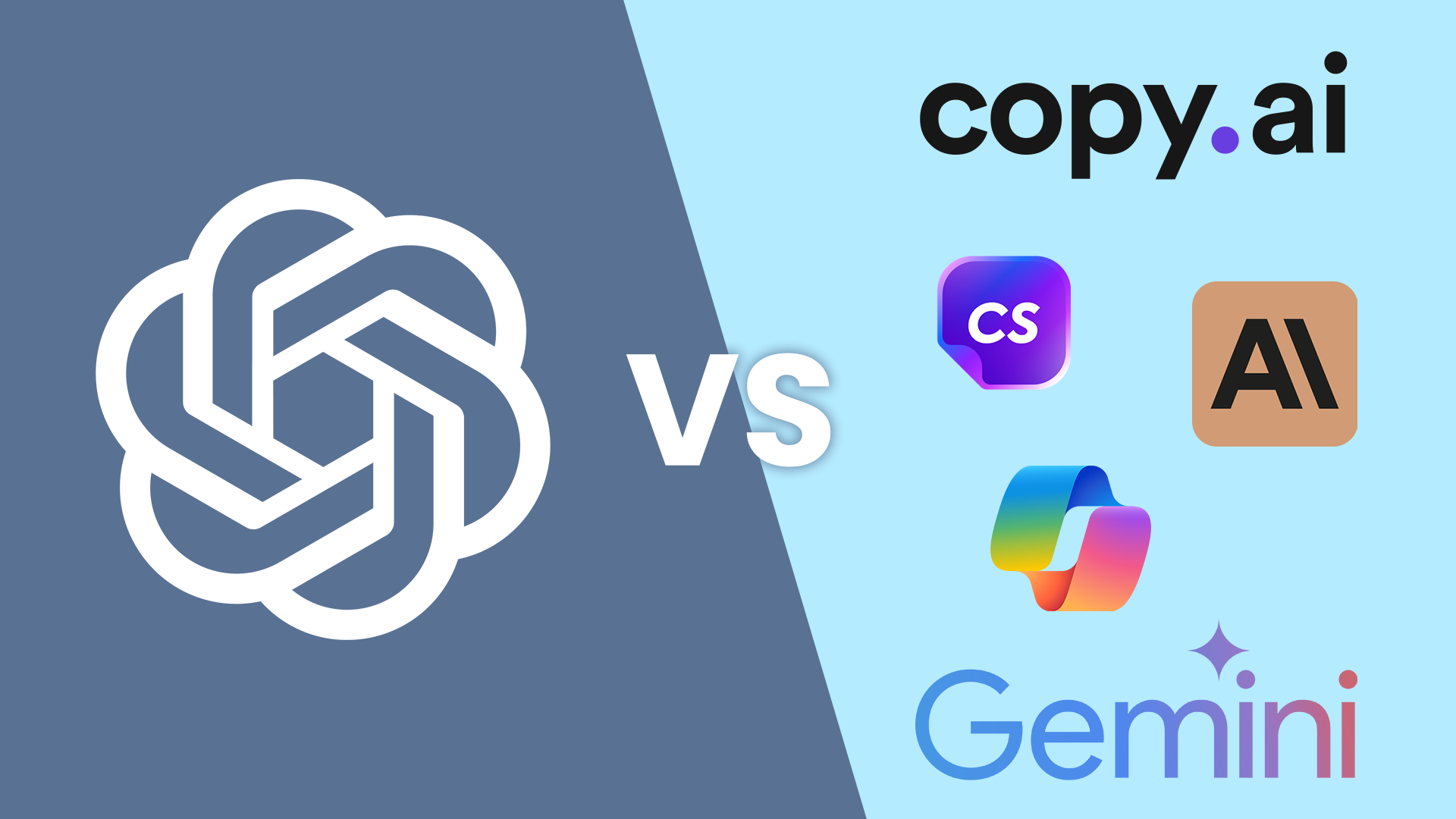ERP systems are essential in modern-day business. They manage and automate various tasks, from accounting to sales and marketing. But what are the six main ERP components? This article will explore the most important features of ERP software and discuss how they can benefit your business. Stay tuned!
Source : jitterbit.com
Table of Contents
What is ERP?
ERP systems automate the various processes within your company. From procuring raw materials to manufacturing finished products, it provides a helping hand in conducting business by simplifying and streamlining procedures while monitoring activities for any discrepancies that may arise along its way, all thanks to this powerful software tool.
The six core components of an ideal ERP system are customer relationship management, data analytics, and integration with other business applications. These help companies find new customers or establish long-lasting relationships with their current ones through effective marketing strategies.
Following are the 6 Core ERP Components
1.Human Resources:
The success of any business mainly depends upon the people who work there. Without employees, you have nothing — so make sure your HR software has all of the tools necessary to manage employee needs like onboarding procedures and offboarding processes.
The most important feature to look for in an ERP component is payroll software. Manually submitting payments and issuing direct deposits can be incredibly time-consuming, not only financially but also ethically!
With a system like this, automation of finances takes care all by itself without any need from you – so get out there and enjoy life while your business runs smoothly behind the scenes.
With an ERP solution, you can automate many of your day-to-day business processes and cut down on time spent doing mundane tasks such as data entry.
Enterprise resource planning software with integrated accounting systems will allow payments to be made automatically for employees’ bank accounts while compensation forms are managed by little human input required.
2.Customer Relationship Management:
You should manage your customers and leads well if you want your company to succeed. Your customer relationship management (CRM) component stores all the data about generated prospects or clients so they can’t miss out on what would have been an important conversion point for them in terms of sales process improvement because there’s no way we know everything.
With customer relationship management software, you can easily track a customer’s buying habits and see when they are most vulnerable to being sold other products.
You’ll also know what your salespeople have been telling their prospects – which is useful information for reducing redundancy in the process while maximizing conversion rates.
An integrated solution can make your customers happier and more efficient. It’s not enough to track their spending habits; you need a system that provides information on what they want, so the easier life will be for everyone involved as long as it’s available in one place.
Source : hightechnectar.com
3.Business Intelligence:
The data-driven approach to decision-making is here, and business intelligence (BI) has quickly become an integral part of ERP management systems.
The BI component collects information from throughout the organization for analysis that can provide actionable insights into various aspects like market trends or future product strategies – all backed by real-time updates ensuring you’re always ahead in this fast-paced world.
The best features of a business intelligence (BI) system help you make sense of the data being analyzed.
A good reporting function will allow users to access numbers and visuals, so any company needs to look at their reports efficiently to represent all aspects in one place accurately. A key part about what makes these kinds of software special? There’s no point in having detailed analysis unless someone sees them.
The implementation process for an ERP system will revolutionize your company’s business practices. The data within these systems can provide actionable insights to inform decisions across departments, processes, and more when integrated with other technologies like CRM software or marketing automation tool sets – allowing you access into previously inaccessible areas of insight about customer retention rates, among other things.
4.Supply Chain Management:
Your ERP’s supply chain management (SCM) component can be crucial to staying competitive in this area. A good SCM will optimize distribution and manufacturing processes, which are vital for an efficient operation; it does so by collecting real-time data you need as a company or business owner.
Real-time data collection and analysis allow you to find issues as they happen, rather than waiting for a day or more after the fact.
This is especially useful for predictive analytics because it gives businesses an accurate production plan that will keep them from exceeding demand but still meeting expectations.
Enterprise resource planning SCM can be the difference between profitability and failure. With this valuable tool, companies will have access to information about their inventory, such as which items are commonly purchased together, so that they know what spots on warehouse floors need more focus to increase turnover rates for those products while also keeping customers updated regarding delivery estimates via CRM integration with e-mail notifications or mobile apps.
5.Inventory Management:
In the inventory management component, we work with both SCM and other processes such as warehousing. One key feature of this system is that it provides a way to fulfill orders while also stocking your warehouse shelves.
With best-in-class inventory management features, you can reduce manual control of your stock by using tracking software that will keep an accurate record for every product.
This way, if one SKU has been sold and another is still available, it won’t show up as being out-of-stock but instead, be shown as “ awaiting delivery.”
The inventory management system is one of the most important parts of running a successful business.
This component ensures that you can track your stock on hand and update information about out-of-stocks or other changes in your company website, which will notify customers, so they don’t end up ordering something you don’t have on hand.
6.Financial Management:
The financial management component of the ERP system is a keystone that ties together every other module. It works with your business processes, whether paying employees or purchasing inventory for shipment; this tool helps keep everything running smoothly and efficiently.
The financial management module helps you analyze and keep track of your company’s finances. Data analysis can reveal trends in spending, helping to understand better how profit is calculated and where costs might be reduced or increased for future reference- all without losing any important information about what has happened so far.
The driving force of all businesses is profitability, so ERP software often integrates with processes like sales and customer relations.
Ultimately this increases productivity by freeing up employees’ time that they would have spent automating tasks that can’t be automated; the result is a more efficient company that knows how much their products or services are worth on an individual level.
Conclusion:
ERP software is an important business tool to help your organization manage its finances, operations, and human resources.
It’s essential to select the right system for your company’s needs and make sure you have the resources in place to implement it successfully.
If you’re looking for a comprehensive system that can manage all aspects of your company, then you should consider implementing an ERP system. Want to know more? Contact us at MYNPEC today, and we’d be happy to discuss how an ERP solution could benefit your business.
FAQ’s:
1.What are Extended ERP Components?
Extended ERP components are great for companies that need an extra layer of efficiency in their process.
This can be especially helpful when you want to streamline certain tasks or get more out of your employees’ efforts by allowing them complete control over how projects unfold from start to finish with clear reporting mechanisms attached every step along the way, so there’s no guesswork involved whatsoever.
2.What is ERP Component Integration?
The ERP components integration service helps companies of all sizes streamline their operations by integrating with its existing software.
This saves time, effort, and money during increasing customer satisfaction because they can do business more efficiently without sacrificing quality or deadlines.






